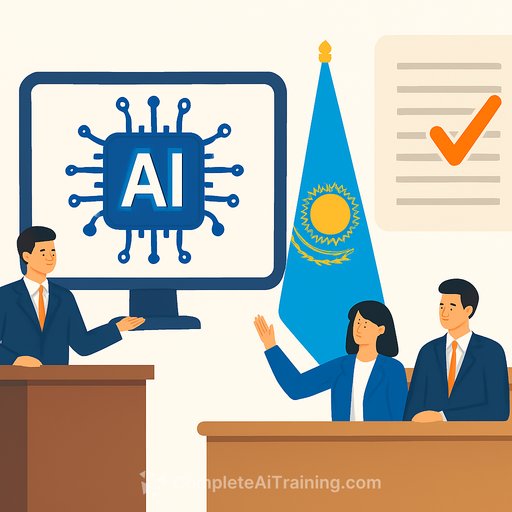Use of AI in Estate Planning
Artificial intelligence is increasingly becoming a tool for legal professionals, especially in estate planning. The practice involves creating, reviewing, and summarizing a large volume of documents that are routine yet require personalization. AI technologies like generative AI (GenAI) and large language models (LLMs) offer practical solutions to streamline these tasks.
Integrating AI into estate planning can improve efficiency and reduce costs, but it also introduces new ethical and legal considerations. Attorneys need to balance adopting these tools with their responsibilities to clients and legal standards.
Where AI Fits in Estate Planning
AI tools can handle several key aspects of estate planning, including:
- Document drafting: Automating the creation of wills, trusts, and other estate documents.
- Document review: Quickly identifying inconsistencies or errors in complex legal paperwork.
- Summarization: Providing concise overviews of lengthy legal documents for easier client communication.
Challenges and Ethical Considerations
While AI can boost accuracy and accessibility, it raises concerns about confidentiality, bias, and the unauthorized practice of law. Attorneys must ensure AI-generated documents meet professional and legal standards and that clients’ sensitive information remains secure.
Ongoing monitoring of AI outputs is necessary to catch mistakes and maintain quality. Transparency with clients about the use of AI in their estate planning is also critical for trust and compliance.
Future Trends and Developments
AI in estate planning will continue to advance, introducing more sophisticated tools for legal professionals. Staying informed about these changes is essential for adapting practices and safeguarding client interests.
Legal professionals interested in expanding their knowledge of AI applications within their field can explore specialized training and courses. For those looking to deepen their expertise, resources like Complete AI Training’s tailored courses for legal jobs offer relevant insights and skills development.
Your membership also unlocks:





